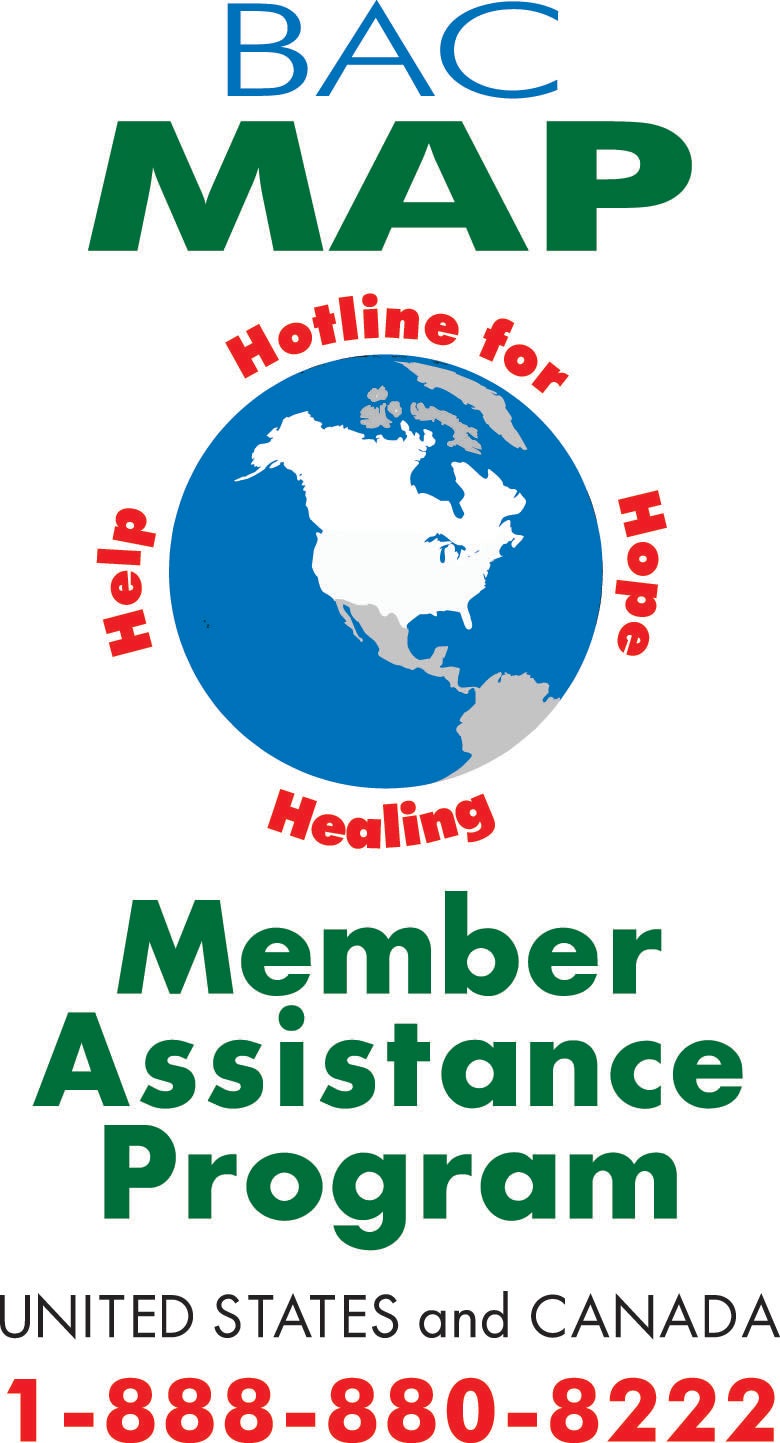Practicing Love Languages to Promote Care of Self and Others During COVID-19
 For many, COVID-19 has created an unprecedented and surreal reality—one where the norms of interaction have been temporarily displaced. Along with wearing masks and limiting physical touch, the CDC encourages practicing things like social distancing, which not only protects you, but also your friends, family, coworkers and community from contracting the virus.
For many, COVID-19 has created an unprecedented and surreal reality—one where the norms of interaction have been temporarily displaced. Along with wearing masks and limiting physical touch, the CDC encourages practicing things like social distancing, which not only protects you, but also your friends, family, coworkers and community from contracting the virus.
This has not come without challenges. Social events we used to take for granted now must be assessed in new ways. Should we attend that community cookout? Youth sporting events? A restaurant, bar or movie theater?
Mental health professionals have long recognized several key tenets that connect our mental health and well-being to the strength of our social relationships. Despite the challenges, there are creative ways to express kindness. Celebrated marriage counselor and author Gary Chapman believes it is important to convey social connectedness, caring and concern for others. Known as “languages of love,” Chapman’s resources are ones to embrace.
Words of Affirmation
Using words of words of affirmation display acts of kindness. Expressing thanks is vital to recognizing the special bond we share in each other.
Quality Time
Creating time to connect with others through phone calls, emails and texts helps keep you in touch. Even an old-fashioned letter or card can convey how you value someone. Celebrating birthdays and holidays virtually also can help keep important rituals in tow.
Acts of Service (Devotion)
Acts of service involve helping others in need. For example, offer to grocery shop for an elderly neighbor, volunteer for community service, or ask friends and neighbors if they need help managing day-to-day needs.
Gift Giving
Providing food or transportation to impoverished members of your community will help make a difference. Share a bouquet of flowers or vegetables from your garden. Mow someone’s lawn. These acts mean the world to people in need.
Physical Touch
So, you cannot give a hug or handshake. Instead, offer a warm smile, laugh or friendly chat. These expressions can help lift someone from loneliness.
If you know someone suffering from loneliness, anxiety and depression, or substance abuse, call the BAC Member Assistance Program (MAP). You can get private assistance from a licensed mental health professional. All calls are confidential.
Call MAP toll-free at 1-888-880-8222. In addition, visit MAP at https://bacbenefits.org/member-assistance-program for a state-by-state guide to connecting with services for those in need of help with food, shelter or practical resources. MAP generally is available from 8 a.m.-7 p.m. (EST), Monday-Friday.
